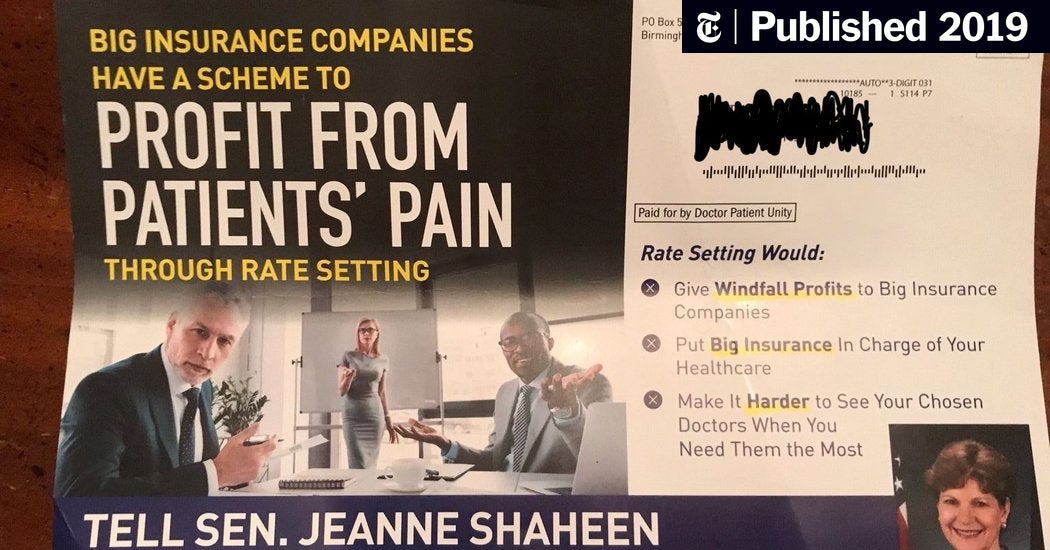- Joined
- Oct 15, 2015
- Messages
- 88
- Reaction score
- 73
Hot off the press today (at least today based on the email alert I got, looks like first publication was October so apologies if there's already a thread on SDN discussing this) of AEM A&T's SAEM Proceedings: Error - Cookies Turned Off
Too Big Too Fast? Potential Implications of the Rapid Increase in Emergency Medicine Residency Positions
Mary R. C. Haas MD
Laura R. Hopson MD
Brian J. Zink MD
Obviously, we all knew and saw this coming from a mile away.
But distressing for us about to start residency training (and currently practicing docs too, I'm sure, but I think for different reasons).
What should soon-to-be-residents or recent grads do, if anything?
Do a 3-year residency to GTFO into practice ASAP? (Not looking to start a debate on 3- vs 4-year, just saying)
Focus on academics to develop a specific skillset?
Do a pain fellowship?
Move to and practice EM in Dubai?
I'm being facetious to an extent, I realize there are no easy solutions, and it's not like that's going to change my or any of my gen's choice to go into EM, but curious if there are thoughts on or if this points to a need to differentiate oneself within the landscape of EM long-term.
Too Big Too Fast? Potential Implications of the Rapid Increase in Emergency Medicine Residency Positions
Mary R. C. Haas MD
Laura R. Hopson MD
Brian J. Zink MD
Obviously, we all knew and saw this coming from a mile away.
But distressing for us about to start residency training (and currently practicing docs too, I'm sure, but I think for different reasons).
What should soon-to-be-residents or recent grads do, if anything?
Do a 3-year residency to GTFO into practice ASAP? (Not looking to start a debate on 3- vs 4-year, just saying)
Focus on academics to develop a specific skillset?
Do a pain fellowship?
Move to and practice EM in Dubai?
I'm being facetious to an extent, I realize there are no easy solutions, and it's not like that's going to change my or any of my gen's choice to go into EM, but curious if there are thoughts on or if this points to a need to differentiate oneself within the landscape of EM long-term.

